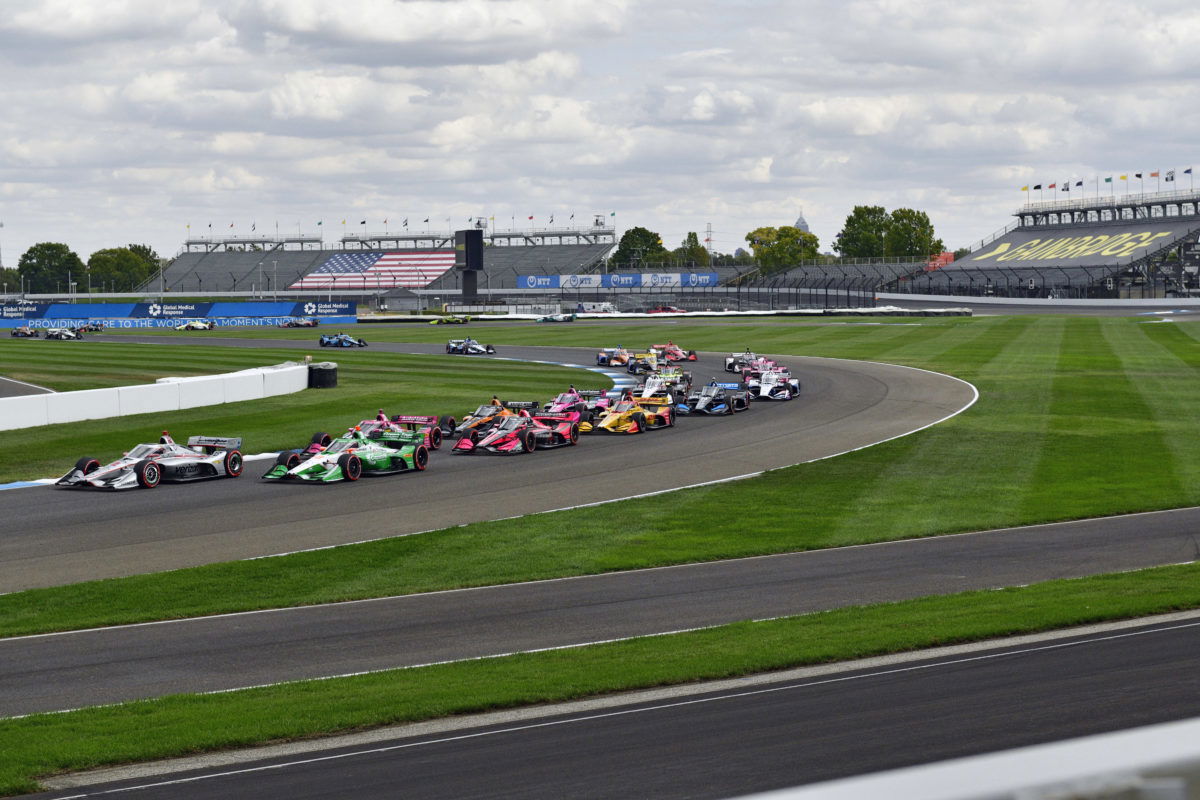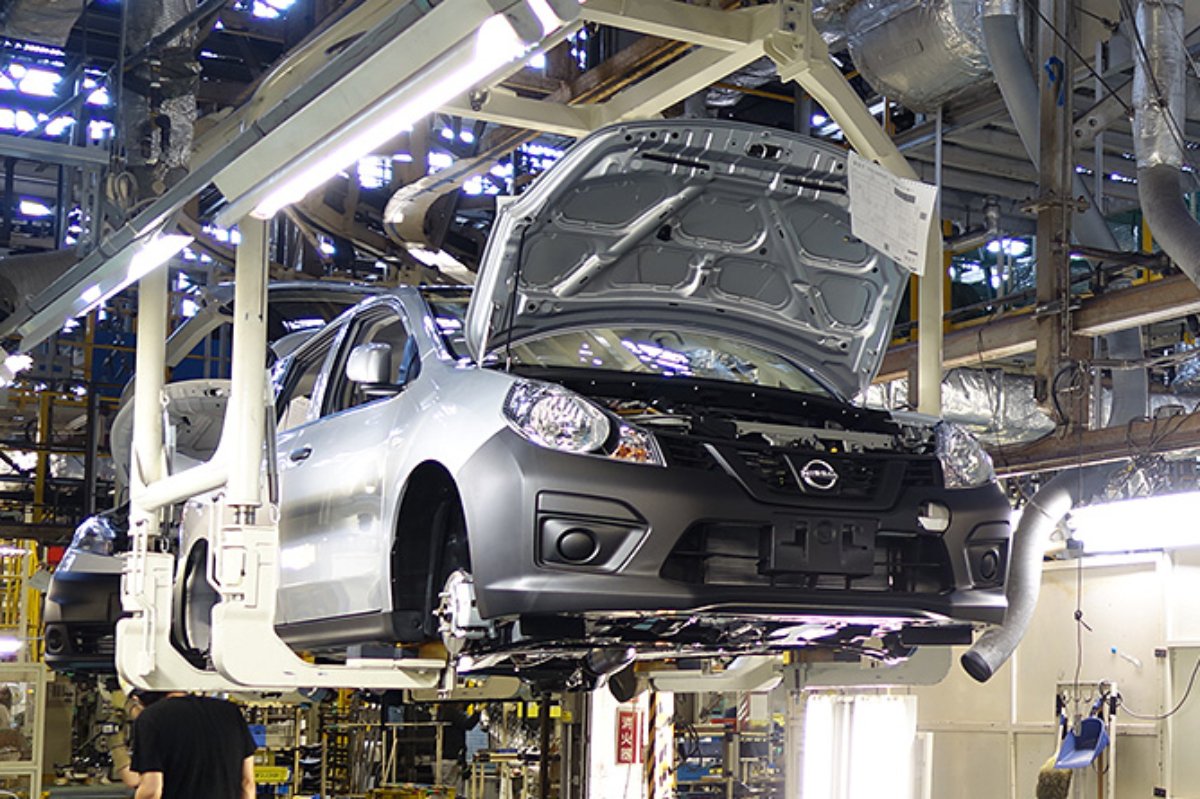

IndyCar has delayed the introduction of hybrid engines to 2023, while also renewing agreements with Chevrolet and Honda.
The North American series was set to adopt hybrid technology in 2022 but has shifted that timeline back by a year due to the impact of the COVID-19 pandemic.
IndyCar’s announcement also reaffirms that its new internal combustion engines will be 2.4-litre twin-turbocharged V6s.
The units will produce over 900 horsepower, up 100 horsepower on the current specification, while allowing for drivers to restart their cars from the cockpit.
“To be able to announce a long-term, multi-year extension with our two great partners is phenomenal,” said IndyCar president Jay Frye said.
“It’s an exciting time in IndyCar with the innovations in the car, the new 2.4-litre engine and hybrid technology.”
General Motors President Mark Reuss added, “Chevrolet has enjoyed great success since joining the NTT IndyCar Series in 2012 with our 2.2-litre, twin-turbocharged, direct-injected V6 engine.
“We are thrilled to be moving forward with IndyCar because it’s the perfect showcase for our engine technology, in the only open-wheel racing series in America, a high-tech, growing series that Roger Penske and his team are absolutely taking to the next level.”
Honda Performance Development Ted Klaus said, “Honda welcomes this step to the future by IndyCar, action that mirrors Honda’s efforts to develop and manufacture high performance, electrified products that will meet industry challenges and delight our customers.
“At Honda, we race to develop our people, to innovate technologies and to engage fans. We are proud of our uninterrupted, 27-year leadership in IndyCar, and look forward to delivering a next-generation Honda 2.4-litre hybrid power unit with more than 900 horsepower.”
IndyCar is still continuing its search for a third engine supplier, while Ferrari revealed in May that it is looking at the series given some of its Formula 1 staff will otherwise become surplus to requirements when the budget cap takes effect.





















Discussion about this post